
The Weil Institute's emerging products are listed below.
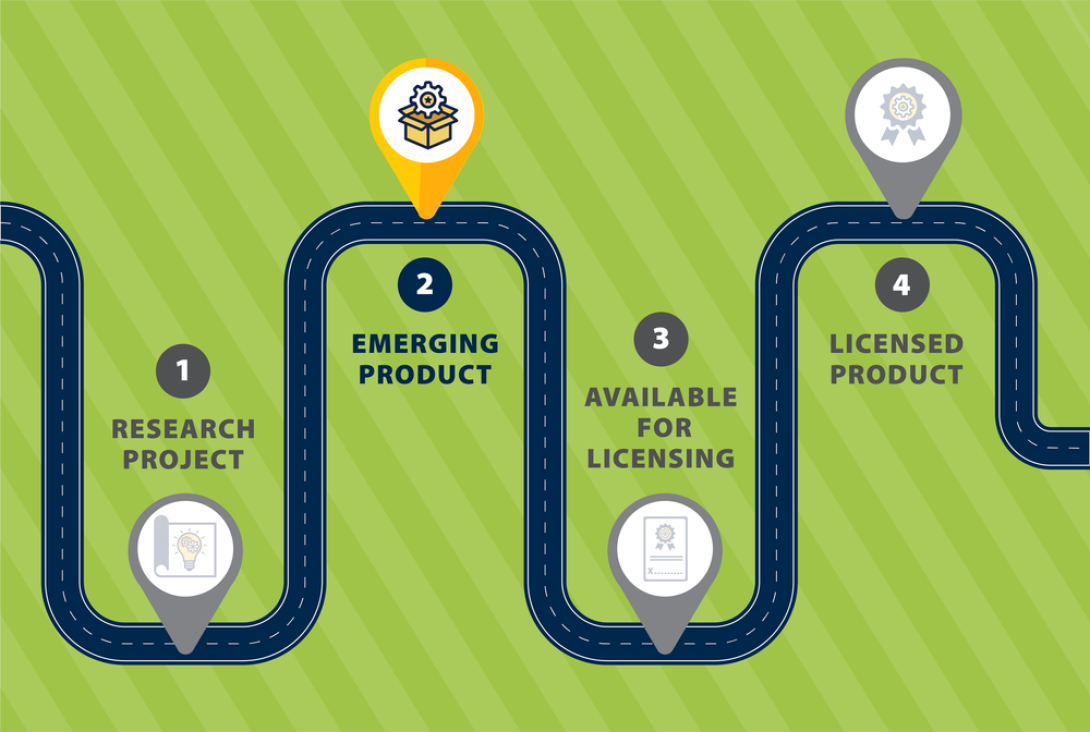
The Weil Institute Emerging Products listed below have completed initial testing and proof-of-concept validation. These projects may require an injection of funding and/or additional rounds of clinical testing to close out any gaps. Research projects that make it to the Emerging Product stage have high confidence for commercial viability and will be ready to license in 1-2 years.
Companies interested in sponsoring further R&D can option for right of first refusal! Explore our products below and connect with U-M Innovation Partnerships to learn more!
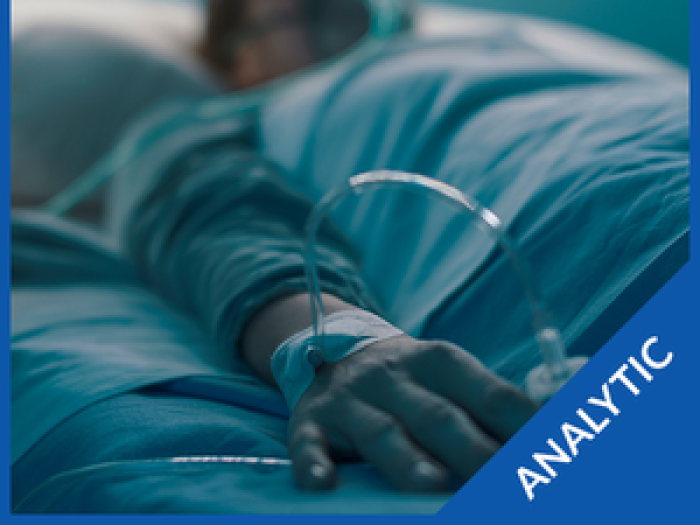
PICTURE is a suite of machine learning algorithms that utilizes electronic health record (EHR) data to predict patient deterioration in hospital settings.
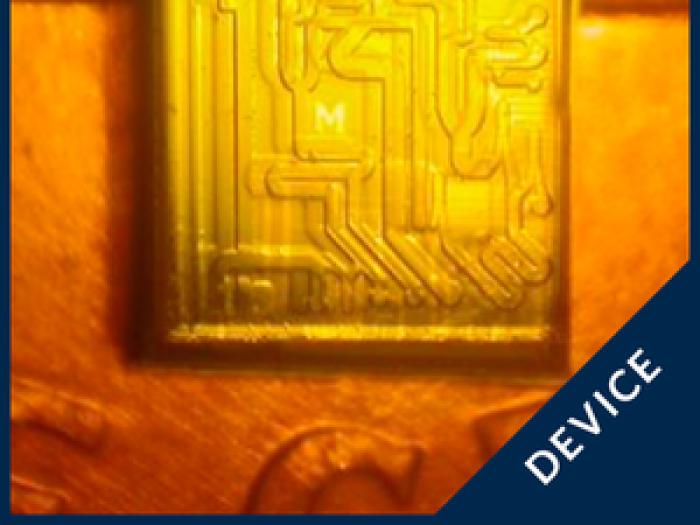
This is a hand-held device that sends blood test results of traumatic brain injury (TBI) patients directly to a smartphone while utilizing a series of blood-based biomarkers that can be used to monitor individual patient response to TBI treatment regardless of their state. This point-of-care platform is suited for performing repeated measurements at a fraction of current hospital costs.

This innovative, handheld POC biomarker immunosensor system is a battery-operated, highly portable, pipette-shaped biomarker analysis microsystem that is wirelessly connected to a smartphone for data transmission and analysis. Because current critical care practice is insufficient to monitor the dynamic nature of sepsis, this device stands ready to improve outcomes and save lives.
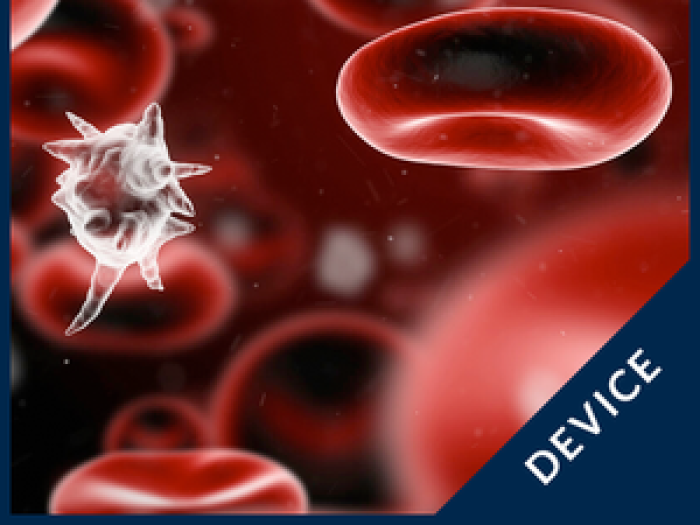
The Redox Point-of-Care platform is the first to allow measurement of redox in whole blood and other fluids in the clinical setting, rapidly, in real-time - and it does it at bedside, where it is needed most to affect change. It contains sensor technology that utilizes nanoporous gold electrodes integrated into a microfluidic device to directly measure oxidation reduction (redox) in whole blood at 250 microliter sample amounts without the risk of contamination or biofouling.
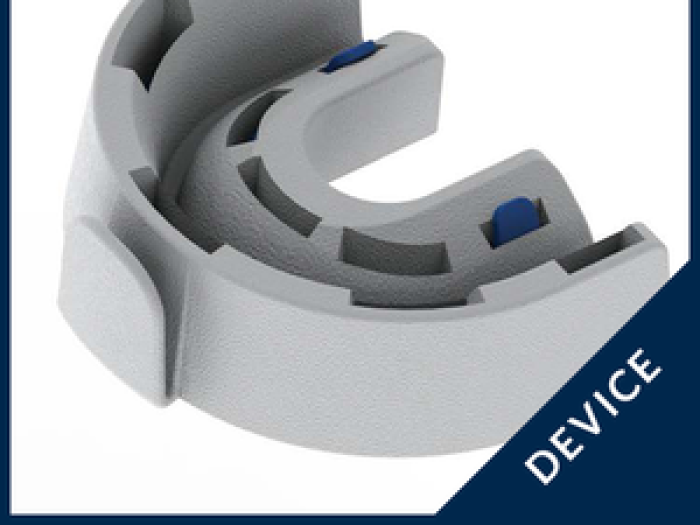
A specialized mouthguard preventing Ventilator-associated Pneumonia (VAP) in mechanically ventilated patients utilizing a novel combination of essential oils.